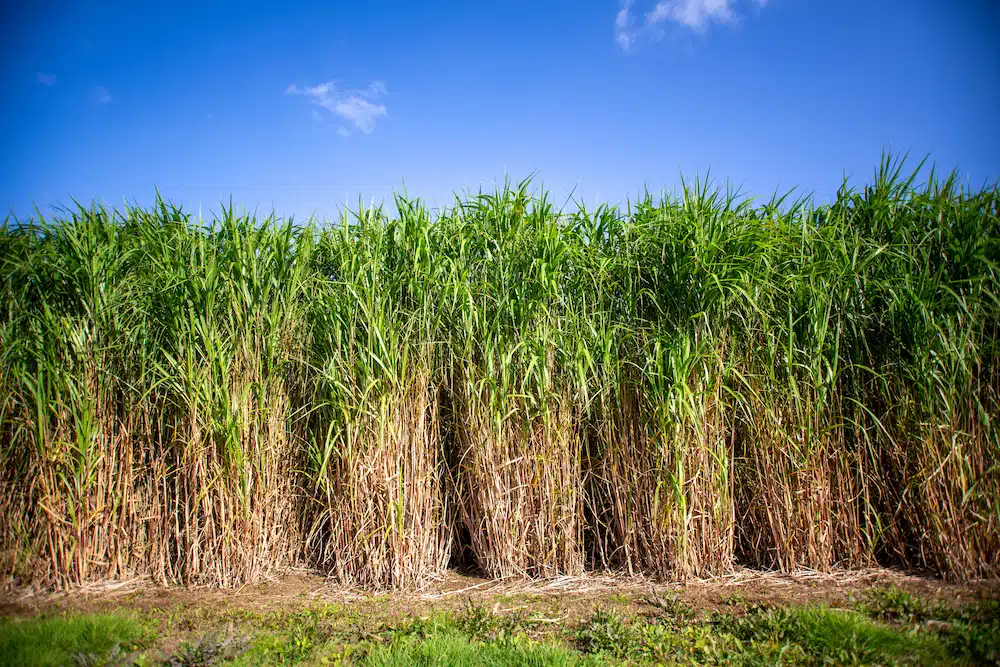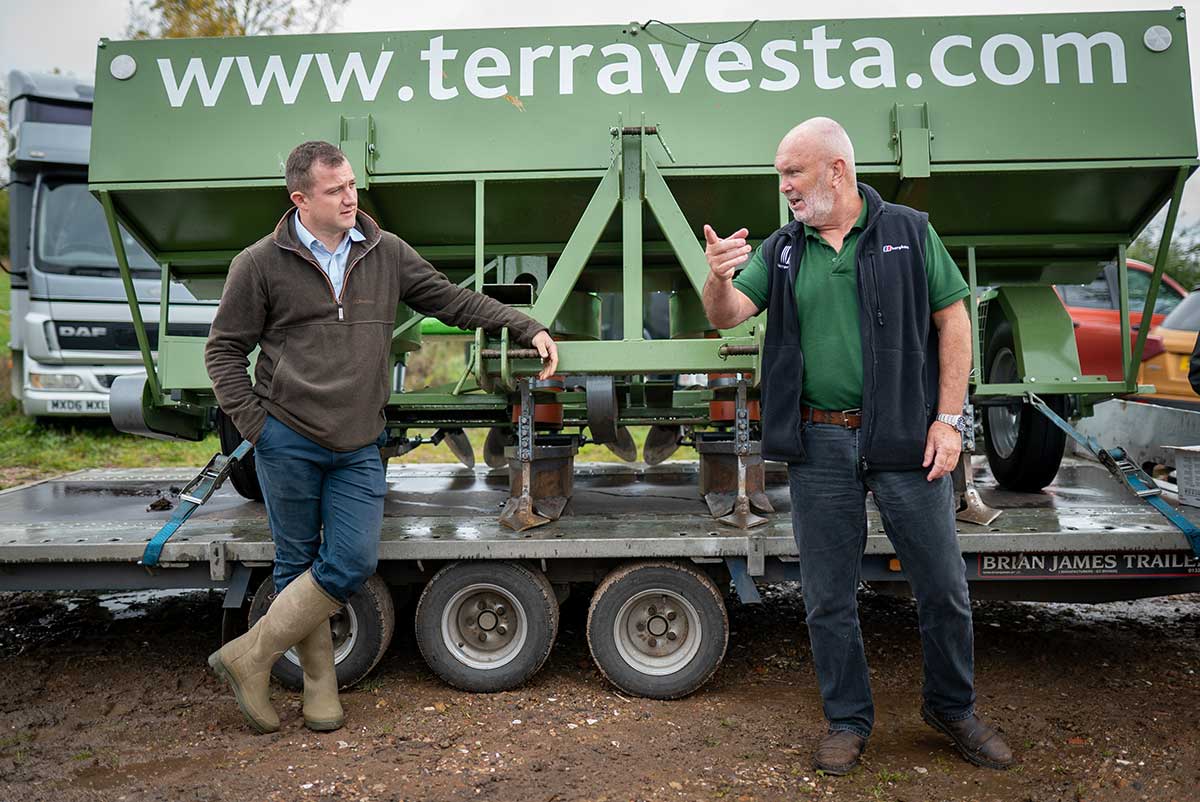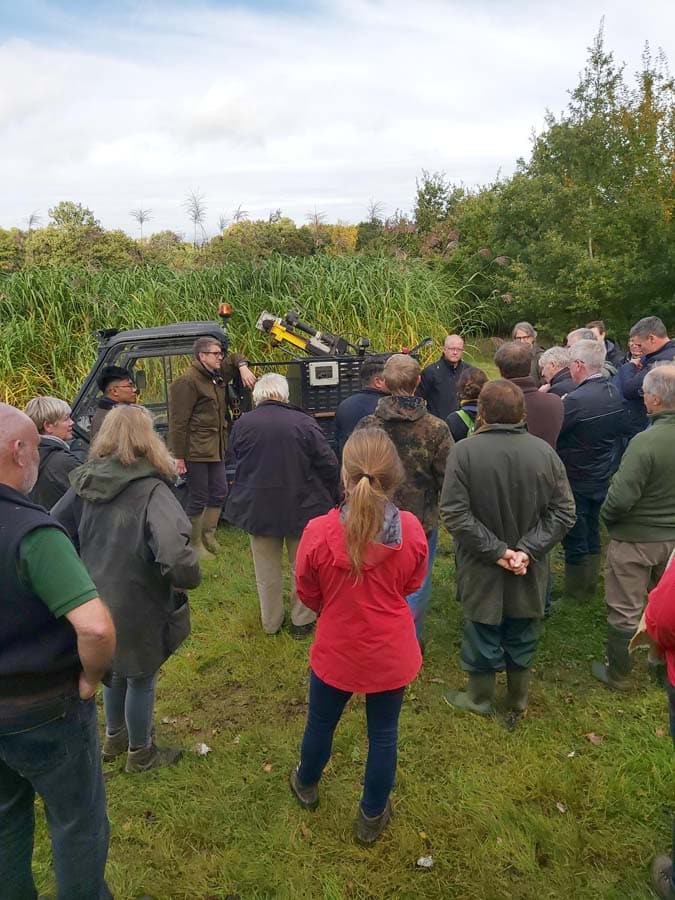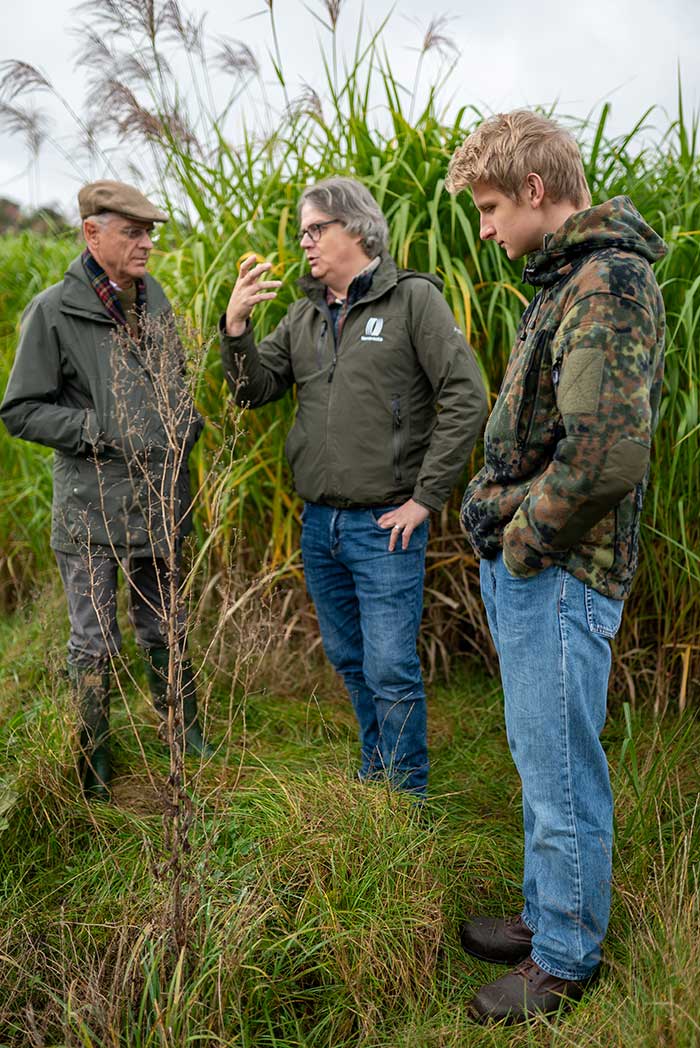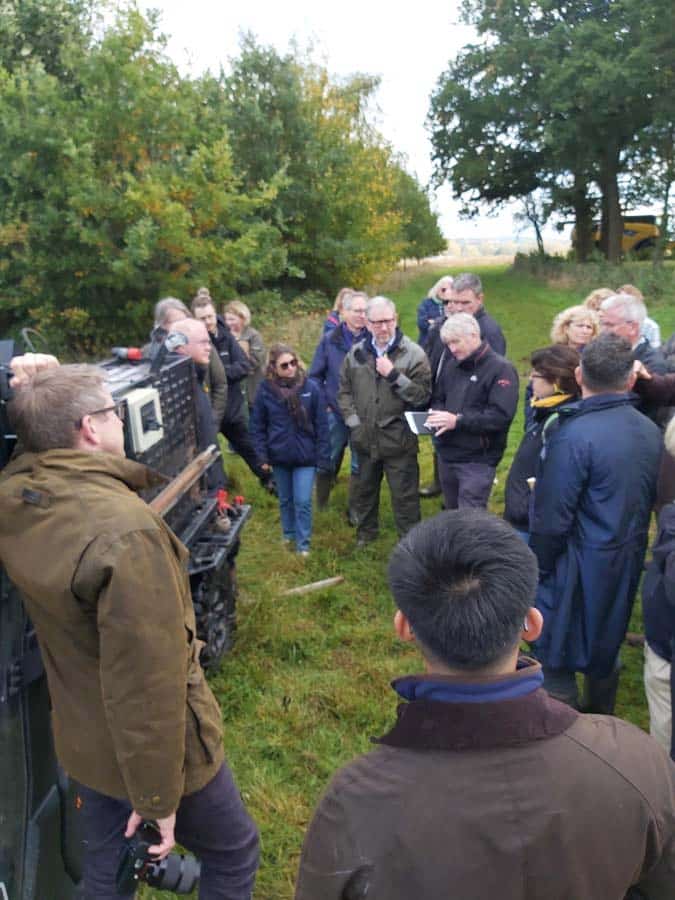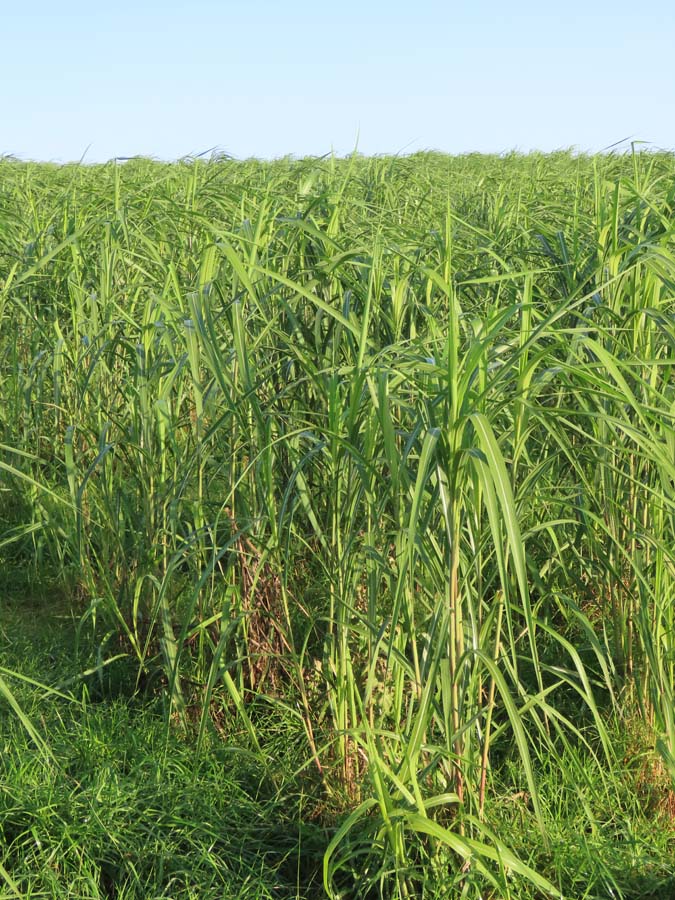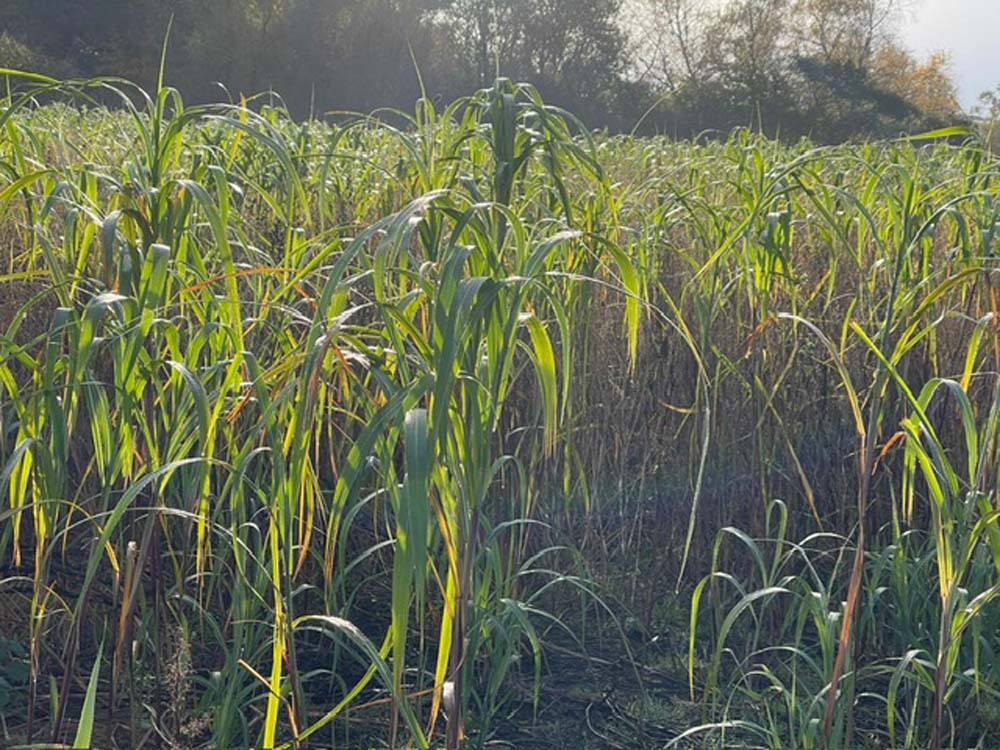Optimising Miscanthus Establishment through improved mechanisation and data capture to meet Net Zero targets (OMENZ)
Making the Most of Miscanthus on the Road to Net Zero

A versatile perennial crop with limited disease or pest challenges, Miscanthus has huge potential in helping the UK reach its net zero targets. Get establishment right and growers can reap the benefits – which is why this is a core focus for the OMENZ project.
Miscanthus has an important role to play in sustainable fuel production. It has a whole host of benefits, including the ability to improve soil, air and water quality, support biodiversity, sequester carbon – some 2.35t/ha CO2e per year – and significantly reduce reliance on fossil fuels. For farm businesses, these benefits extend to an additional annual income for around 15 years (typical contract period) from a crop requiring low inputs and on land unsuitable for food production.
However, to capitalise on these benefits growers must get establishment right to avoid long-term impact on productivity (this has been a pinch-point that’s stalled Miscanthus planting).
Resources
“We’re looking all the way from planting material to the logistics of transport and storage, as well as the best means of monitoring crop establishment.”
Project
Seeing an opportunity to improve the entire Miscanthus establishment process, Lincolnshire-based Miscanthus specialist, Terravesta, initiated its project: Optimising Miscanthus Establishment through improved mechanism and data capture to meet Net Zero targets (OMENZ), under the Biomass Feedstocks Innovation Programme (BFI).
Led by Jason Kam, Terravesta’s head of research and development, the project has an overarching mission to facilitate faster and more efficient establishment of Miscanthus in the UK. Terravesta are working in collaboration with Cranfield University, Crop Health and Protection (CHAP), Energene Seeds, Liverpool John Moore University, TJSS, University of Lincoln, and Ystumtec Ltd.
Laying the groundwork, the project examined the entire Miscanthus establishment process, from nursery to grower, to identify barriers to success.
The production of planting material and the pre-treatment and handling of Miscanthus rhizomes were critical areas for improvement. Land preparation and crop surveying are also identified as key elements significantly impacting the efficiency and quality of crop establishment.
The project is now developing solutions using innovative agri-tech and field monitoring technologies, to overcome these barriers to scale-up. It is prioritising deploying these innovations to the commercial sector to vastly improve Miscanthus establishment.
OMENZ will also utilise Terravesta’s Harvest Hub – an information management platform – to integrate establishment and harvest data with supply chain information, creating a better-informed supply chain.
“We now have an AI model and drone innovation to monitor crop performance – it’s been an exciting development”
Latest
Utilising its partners’ facilities and network of growers and end users, as well as around 50ha of trials sites, the project has made headway with innovations and stakeholder engagement.
In October 2023, it hosted a technical demo day on the establishment, growth, and diversification potential of Miscanthus. Some 40 attendees participated in the discussions and farm walk, exploring Miscanthus’s ability to endure challenging conditions when established well, and still meet energy production standards after wet harvests.
One of the project’s latest innovations is an AI technology for monitoring the establishment and growth of Miscanthus. Developed by Cranfield University, it uses drones to capture high-resolution images which the AI model processes into usable data, including plant and photosynthesis rates, as well as crop cover and heat maps. This allows for fast and effective collation of in-field data to inform crop management decisions.
The project has also been looking at automating nursery processes including rhizome splitting and processing. After identifying shortfalls in monitoring processes, the project is now implementing a more detailed checklist for handling and storing rhizomes. It has identified critical control points like optimal storage temperature, which has a massive effect on rhizome quality; and planting conditions – planting just before rain hugely improves establishment success.
The project has also been trialling cultivating with strip tillage to reduce soil moisture loss – another critical control point. While this has largely been successful, costs must be considered, so ongoing work is looking at machinery performance and robustness, ease of repair, and maintenance costs.
The team also wants to broaden the Miscanthus catalogue with new hybrids and so have been collecting data on the different physiological expressions of genotypes at different sites. This information will help determine which varieties do well in different environments for specific markets.
“Get establishment right in the first year and you’ve set the plant up for a productive life.”
Next Steps
In 2024 the project hopes to establish a dedicated 5ha trial site, which will give it complete control of innovation testing. This will allow the team to refine the innovations and make continual gains before the end of the project in March 2025.
The project will also continue to build on data integration through the Harvest Hub; feeding in new data from its innovations, as well as grower information like soil analysis, carbon audit data, rhizome pre-treatment, crop nutrition, and land preparation.
It will also focus on increasing grower numbers by raising awareness of Miscanthus’s many values, while showcasing improvements made by the project.
Gallery
Further Information
To learn more about the OMENZ project please contact:
Email: Jason Kam, [email protected]
OMENZ Website: https://terravesta.com/omenz/
Terravesta Website: www.terravesta.com
Cranfield University: https://www.cranfield.ac.uk/research-projects/omenz
Return to Innovation Projects overview
